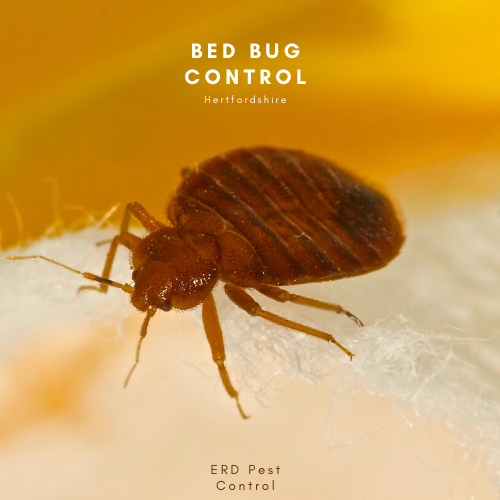Professional Bedbug Control in Bragbury End – Same Day Service Available

Dealing with a bedbug infestation? At Bedbug Control Bragbury End, we offer fast, discreet, and effective bedbug removal services with same-day appointments available across Bragbury End and surrounding areas. We also operate evenings and weekends, so we can respond when you need us most.
Why Choose Bedbug Control Bragbury End?
- Same Day Appointments – We’re available 7 days a week
- No Call-Out Charges – You only pay for the treatment
- Free Bedbug Inspections & Quotes
- Domestic & Commercial Coverage
- Fully Trained & Certified Technicians
- Discreet, Unmarked Vehicles
Our expert pest controllers are trained to identify all stages of bedbug activity and offer treatments that are safe, effective, and tailored to your home or business. We’ll also give you honest advice on how to prevent reinfestation in the future.
We service all areas of Bragbury End and nearby towns – covering homes, hotels, care homes, apartments, and more.
Call Us Today for a Free Quote
Mobile: 07852 111437
Landline: 08445 864 373
About Bed Bugs
Bedbugs are small, oval, reddish-brown insects that feed exclusively on the blood of animals or humans. Adults are about 4–5mm in length and 1.5–3mm wide. While newly hatched bedbugs (nymphs) are nearly transparent, they become darker as they mature.
They tend to hide in mattress seams, bed frames, furniture, behind skirting boards, and electrical outlets. Bedbugs are attracted by body heat and carbon dioxide, emerging at night to feed. Their bites can cause irritation, allergic reactions, and severe discomfort.
Bedbugs pierce the skin with two feeding tubes—one injects saliva with an anesthetic and anticoagulant, while the other withdraws blood. After feeding (typically for 5–10 minutes), they return to their hiding places.
Though they can survive for months without feeding, bedbugs typically seek out blood every 5 to 10 days. In ideal conditions, they can live for around 5 months—but even longer in colder temperatures.
Frequently Asked Questions (FAQs)
Q: How do I know if I have bedbugs?
A: Common signs include itchy bites (often in a line or cluster), tiny blood spots on sheets, dark droppings near bed frames or skirting boards, and a musty, sweet odour.
Q: Are bedbug treatments safe for pets and children?
A: Yes, we use professional-grade treatments that are safe when applied by trained technicians. We’ll advise you on any precautions to take before and after treatment.
Q: How many treatments will I need?
A: This depends on the level of infestation. In most cases, we recommend 2–3 treatments for full eradication, spaced out over a few weeks.
Q: Can bedbugs spread to other rooms or properties?
A: Yes, bedbugs can travel easily through cracks, wall cavities, and personal belongings. Early treatment is essential to prevent spreading.
Q: Do you offer a guarantee?
A: Yes, we offer a follow-up service and guarantee depending on the treatment plan used. We’ll advise you fully during the inspection.
Q: How quickly can you attend my property?
A: We offer same-day services throughout Bragbury End and operate 7 days a week, including evenings.
Request Your Free Bedbug Inspection Today
Don’t let bedbugs take over your home or business. Contact our local, reliable team at Bedbug Control Bragbury End and let us help you reclaim your space.
Call us now: 07852 111437 or 08445 864 373
Or click below to request a fast quote:


















